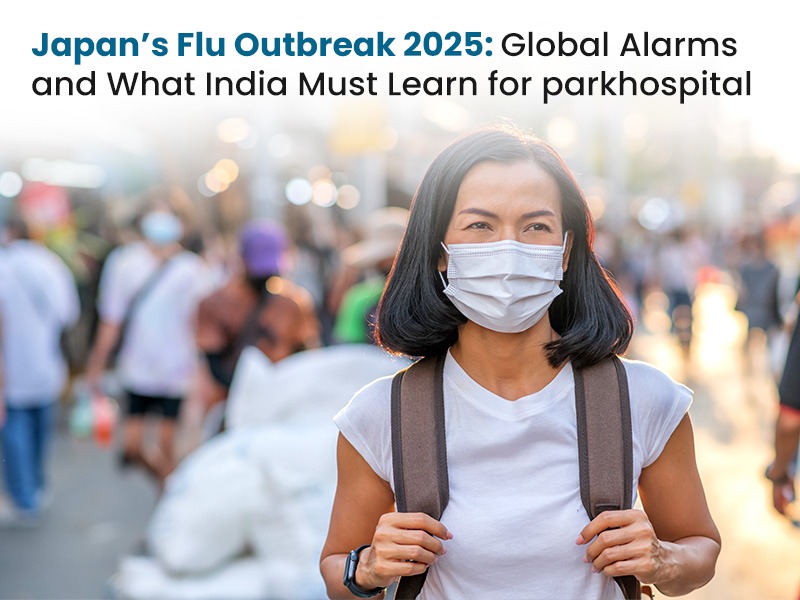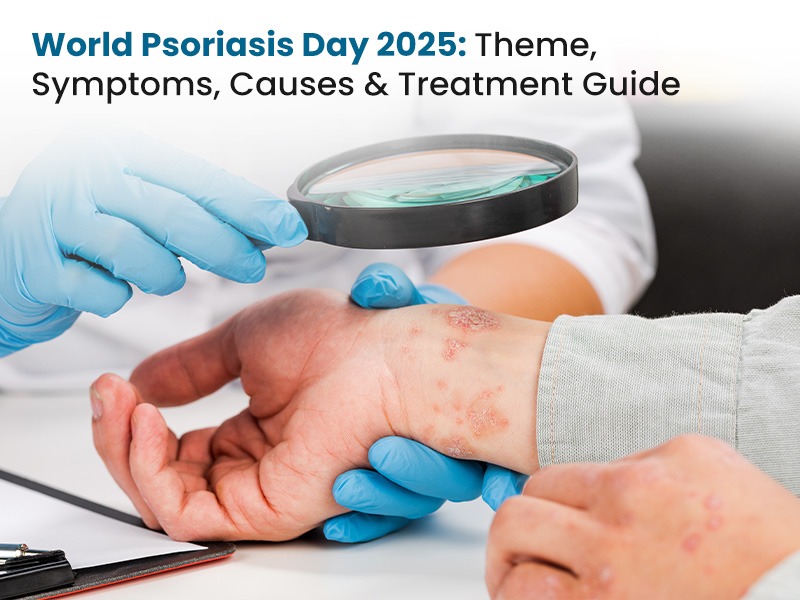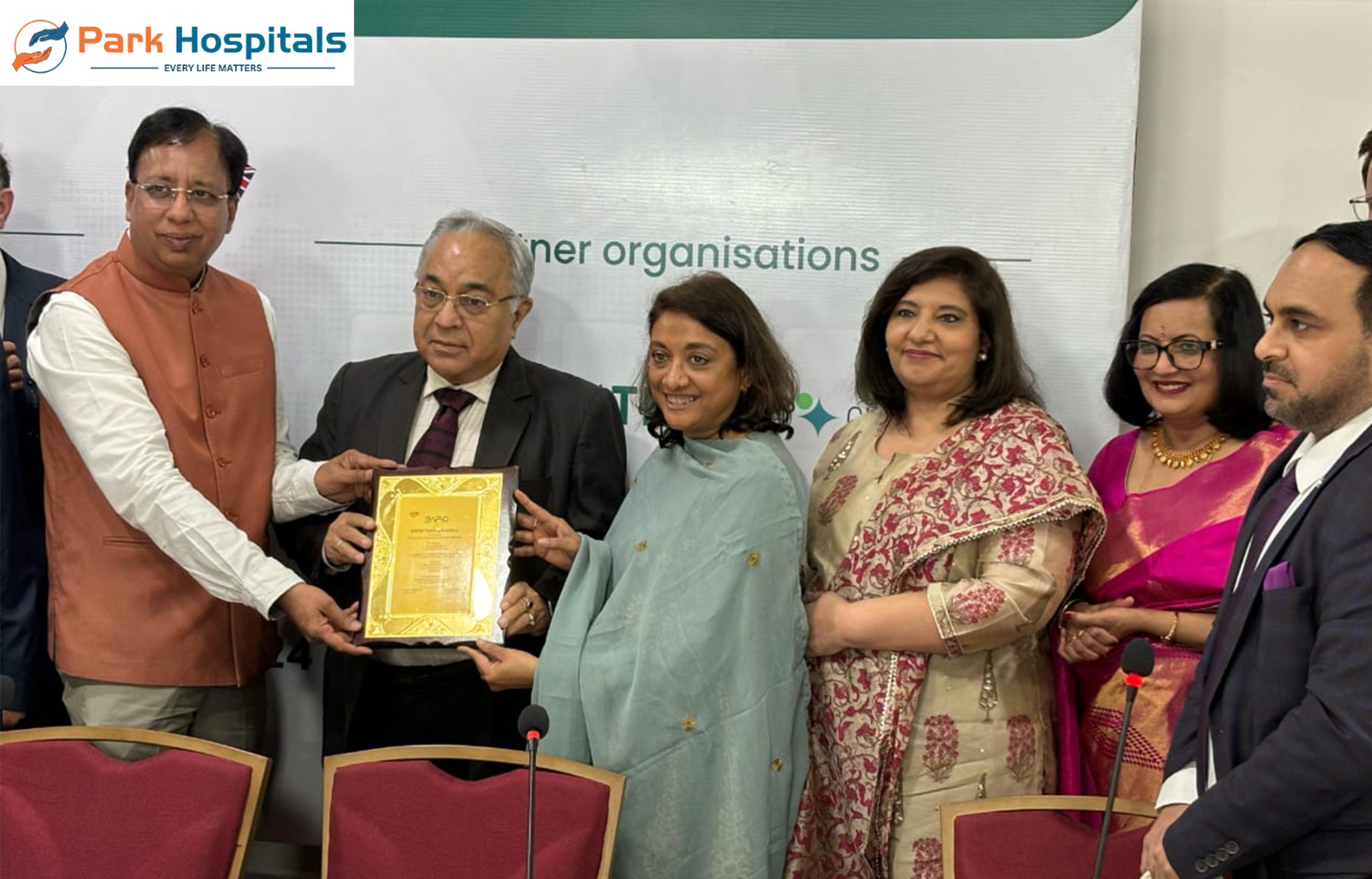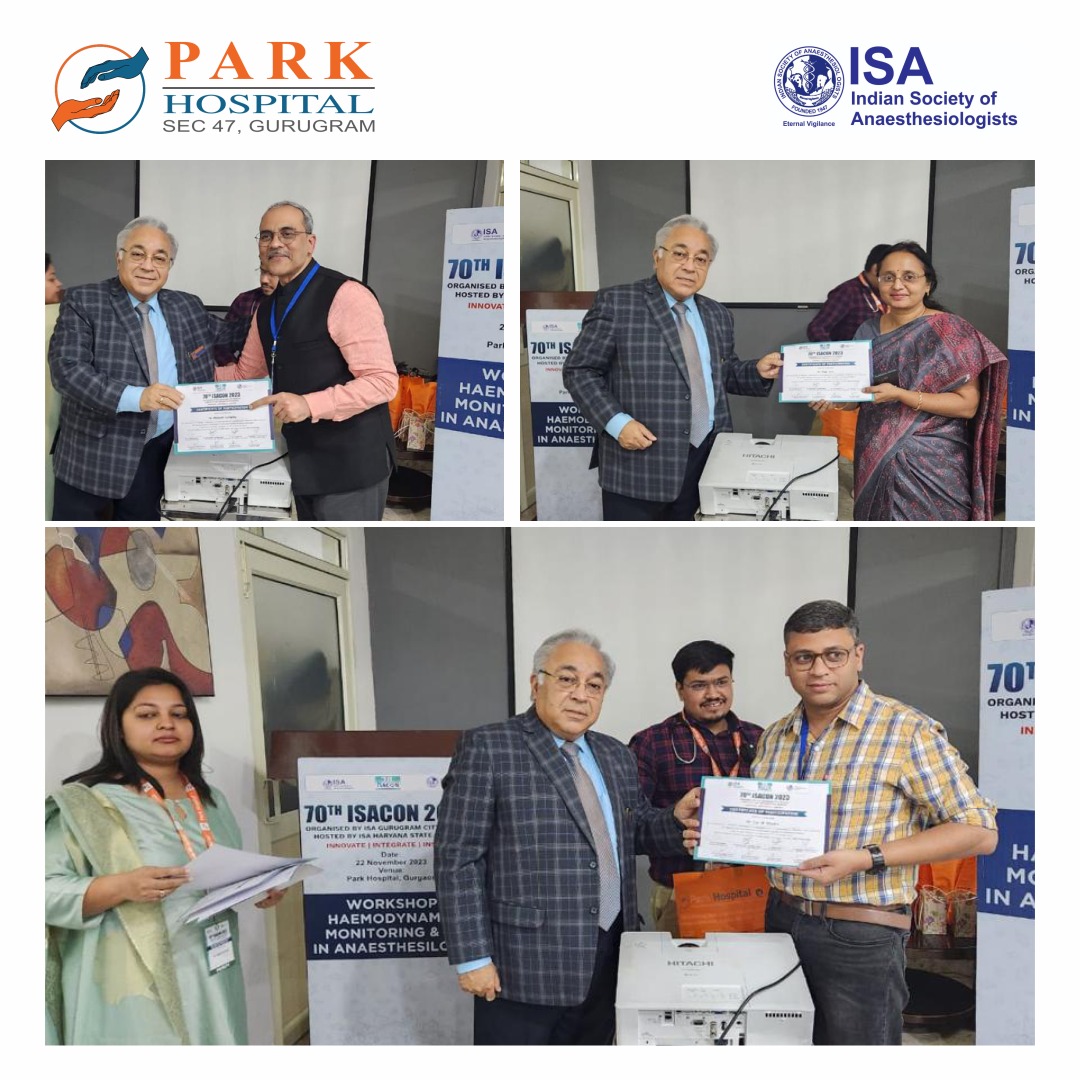A sudden influenza surge grips Japan, raising international health concerns.
Japan is facing an unprecedented influenza outbreak, with its health authorities declaring a nationwide flu epidemic in early October 2025. Over 6,000 hospitalizations have already been reported across major cities such as Tokyo, Okinawa, and Kagoshima, forcing schools and daycare centers to close temporarily.
This marks one of the earliest and most widespread flu outbreaks in Japan in nearly two decades-and experts worldwide are closely watching the situation for lessons and warnings.
The Current Situation in Japan
According to Japan’s National Institute of Infectious Diseases (NIID), the average number of influenza patients per hospital has crossed the epidemic threshold, with more than 3,000 hospitals reporting cases weekly.
This early flu wave is unusual not only for its timing but also its rapid transmission rate, prompting public health experts to reassess influenza behavior in the post-COVID era.
Several Japanese prefectures have recorded community-level spread:
Okinawa and Kagoshima: High hospitalization rates and school closures.
Tokyo and Kanagawa: Rapid community transmission among school-age children.
Hokkaido: Rising outpatient visits and emergency consultations.
Health authorities are investigating whether viral mutation or reduced immunity could be responsible for the abnormal pattern.
Why This Year’s Flu is Different
Earlier than usual:
Flu season typically begins in late November. However, this outbreak began in early September, making it the second-earliest nationwide influenza wave in 20 years.
Weakened immunity after COVID-19:
For nearly two years, widespread masking and social distancing reduced exposure to flu viruses. As a result, community immunity-especially among children and young adults-has declined significantly.
Possible viral changes:
Scientists have detected signs that current influenza strains may be evolving, with altered surface proteins that could make them more transmissible or less responsive to existing vaccines.
Environmental and behavioral factors:
Fluctuating temperatures, closed indoor ventilation, and increased human mobility after pandemic restrictions have created conditions favorable for faster viral spread.
Earlier than usual:
Flu season typically begins in late November. However, this outbreak began in early September, making it the second-earliest nationwide influenza wave in 20 years.
Weakened immunity after COVID-19:
For nearly two years, widespread masking and social distancing reduced exposure to flu viruses. As a result, community immunity-especially among children and young adults-has declined significantly.
Possible viral changes:
Scientists have detected signs that current influenza strains may be evolving, with altered surface proteins that could make them more transmissible or less responsive to existing vaccines.
Environmental and behavioral factors:
Fluctuating temperatures, closed indoor ventilation, and increased human mobility after pandemic restrictions have created conditions favorable for faster viral spread.
Implications for India
While Japan’s outbreak is geographically distant, the risk of spillover to India through international travel cannot be dismissed. The global nature of air travel means emerging strains can reach new countries within days.
Key Concerns for India:
Potential early onset of flu season in North and Northeast India due to climatic similarity and population movement.
Hospital preparedness: Healthcare facilities may need to anticipate a higher caseload of respiratory illnesses this winter.
Vaccine adequacy: A mismatch between the circulating virus and available vaccine formulations could reduce protection levels.
Public awareness: Early health communication will be critical in preventing panic and ensuring timely vaccination.
Potential early onset of flu season in North and Northeast India due to climatic similarity and population movement.
Hospital preparedness: Healthcare facilities may need to anticipate a higher caseload of respiratory illnesses this winter.
Vaccine adequacy: A mismatch between the circulating virus and available vaccine formulations could reduce protection levels.
Public awareness: Early health communication will be critical in preventing panic and ensuring timely vaccination.
How to Stay Protected
For Individuals:
Get your flu shot annually, especially if you are elderly, pregnant, or have chronic diseases like asthma or diabetes.
Wear a mask in crowded indoor spaces and hospitals.
Maintain hand hygiene and avoid close contact with sick individuals.
Stay home when unwell to prevent community transmission.
Ensure proper ventilation in homes, schools, and offices.
Get your flu shot annually, especially if you are elderly, pregnant, or have chronic diseases like asthma or diabetes.
Wear a mask in crowded indoor spaces and hospitals.
Maintain hand hygiene and avoid close contact with sick individuals.
Stay home when unwell to prevent community transmission.
Ensure proper ventilation in homes, schools, and offices.
For Healthcare Institutions:
Strengthen infection control protocols and triage systems for respiratory patients.
Encourage staff vaccination and patient education campaigns.
Monitor global influenza surveillance updates and coordinate with public health departments.
Keep an adequate stock of antivirals and vaccines for vulnerable populations.
Strengthen infection control protocols and triage systems for respiratory patients.
Encourage staff vaccination and patient education campaigns.
Monitor global influenza surveillance updates and coordinate with public health departments.
Keep an adequate stock of antivirals and vaccines for vulnerable populations.
Expert Insight from Park Hospital
At Park Hospital, our Department of Pulmonology and Critical Care continues to monitor global infectious disease trends.
According to our experts, the influenza patterns in Japan are a reminder that viral behavior is changing post-pandemic-and healthcare systems must remain vigilant.
“The Japanese outbreak emphasizes that respiratory viruses no longer follow traditional timelines,”
“Vaccination, early detection, and community awareness remain our strongest defenses.”
For seasonal flu management and expert respiratory care, consult the Best Pulmonologist in Delhi NCR at Park Hospital.
Final Thoughts
The Japan influenza epidemic is not just a national concern- it is a global signal. As viruses continue to evolve, early preparedness, community vaccination, and responsible behavior are the keys to prevention.
At Park Group of Hospitals, we remain committed to providing comprehensive respiratory care, advanced diagnostic facilities, and expert medical guidance to ensure your family’s health and safety during every season.















































